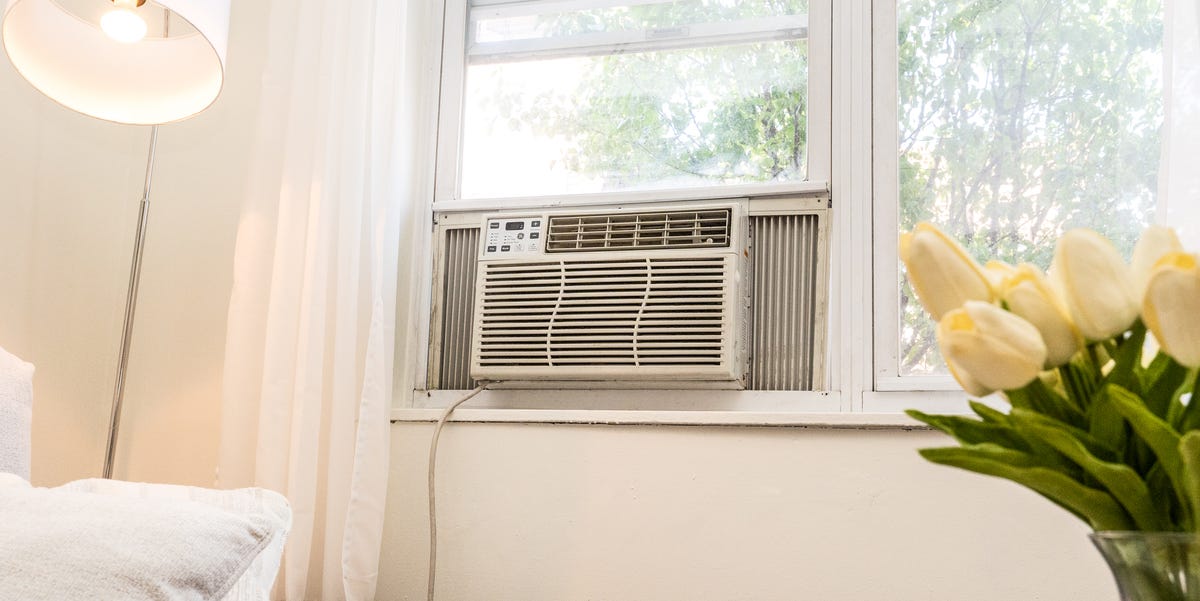Hospice placements provide nursing students new perspectives
'It’s very interesting how people deal with death and dying … it’s a very different perspective from acute care or a hospital,' says third-year student As Georgian College works toward having its first graduating class in its bachelor of science in nursing (BScN) degree program next year, students are moving into practical placements in health care. Among them is a new opportunity to explore opportunities in hospice and end-of-life care – a field that continues to develop to meet the needs of an aging population. “This third year of the program is really focused on special populations — older folks, people with mental health challenges, obstetrics, pediatrics, family and then also really focused on the community,” says Corrine Lalonde, a professor in Georgian’s health, wellness and sciences department. “We recognized end-of-life is everywhere … we really wanted to make sure there was a strong foundation for students to have that knowledge. "More nurses are needed to staff residential hospice beds and to provide end-of-life and palliative care in various other settings — hospitals, long-term care, home care and primary care clinics.” The response from the hospice community, she says, was encouraging. Georgian now has agreements with all nine hospices in the Simcoe-Muskoka-York area that were approached, including hospices in Vaughan and Richmond Hill. The students work onsite for 72 hours over three weeks allowing them to immerse themselves into the setting. This past semester, 65 students were placed in community services, working with a preceptor who is a registered nurse. Nearly half (30) worked in hospices. Among the three who had the opportunity to work at Hospice Huronia in Midland was Tenneyson Smith. “It’s very interesting how people deal with death and dying … it’s a very different perspective from acute care or a hospital,” says Smith, a third-year Georgian nursing student. Through his hands-on experiences, he’s been able to see the different approaches as well as the opportunities in nursing. His previous placements have been in the medical-surgical unit at Orillia Soldiers’ Memorial Hospital and a long-term care home. Smith drew on his previous job as a dietary aid in his decision to develop a career in the medical field. He’s considering continuing on with his education after he gets some experience to perhaps work toward becoming a nurse practitioner. Working in palliative care, he says, provided him with a different perspective in nursing. “I really learned more about the soft skills about nursing,” says Smith, such as how to communicate with individuals and their families, which he described as being a “very different outlook.” He’s looking forward to another, longer placement, perhaps in another area of care, next semester. It is those soft skills that are so important in the developing hospice field, says Cathy Robitaille, Hospice Huronia’s recently retired director of care. And as society relies more upon end-of-life care and services, it’s become important for nurses to know about what’s available and what it all means to families. Robitaille, who worked in Georgian’s nursing program for 32 years before spending five years in hospice, says she's delighted to have been involved in connecting the two programs, helping to provide students with the tools to help loved ones deal with dying, death and bereavement. “Grief is a big topic, loss is a big topic,” she says. “It’s not just the death and dying piece, but it’s helping people become comfortable with dying and death.” Lalonde sees the demand growing as more people choose hospice care for their end-of-life journey and suggests that was perhaps reflected in the college’s success in developing the hospice placements. “The response from (the hospices) was just phenomenal. They were just so excited to have students,” says Lalonde. “Hospice tends to have smaller settings, so there isn’t often a lot of students that are able to access those places. “We were able to re-imagine our clinical learning so that students could be in those places. We have had every single hospice in the area say yes and some have taken more than one student over a semester," she adds. Students who complete placements in hospice care are able to apply hands-on learning in caring for patients at end of life.



















